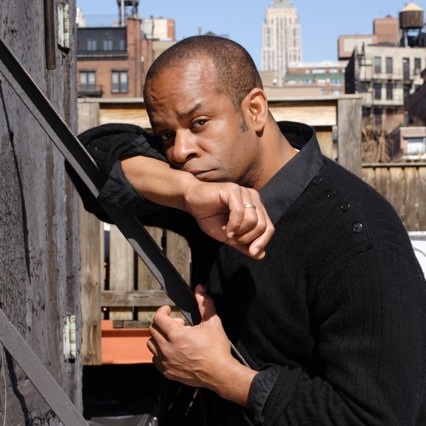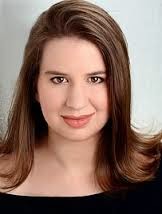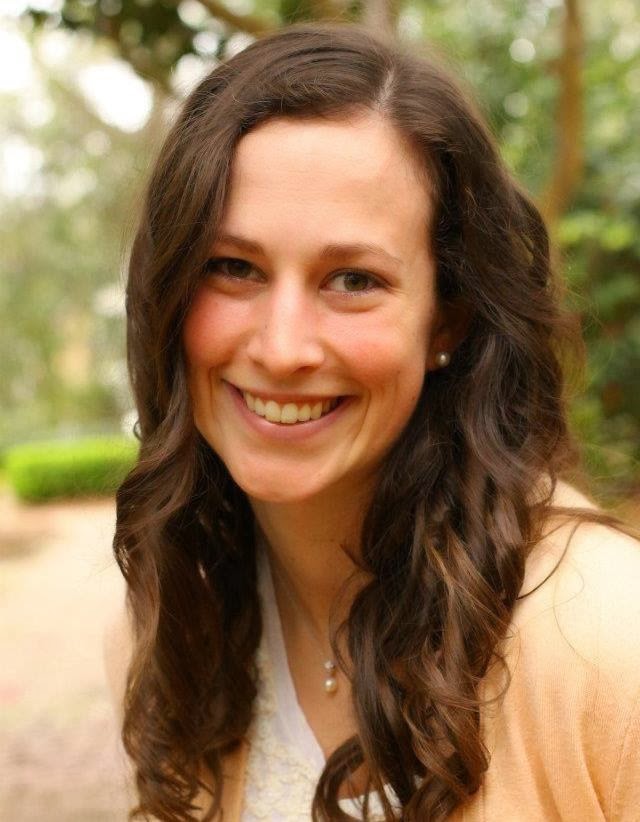David McAleavey Poetry Reading at GW Textile Museum this Wednesday, April 6th
Rock Taught is Professor McAleavey’s sixth book of poems, preceded by Sterling 403; The Forty Days; Shrine, Shelter, Cave; Holding Obsidian; David McAleavey’s Greatest Hits 1971-2000, and Huge Haiku. His new work has just been released by Broadkill River Press, a regional small press headquartered in Delaware. Many of the poems in this new collection have been published in literary journals, including The Georgia Review, Antioch Review, and Epoch, among other places both in print and online.
Says McAleavey, “While my previous book, Huge Haiku (Chax Press, 2005), was a large – over 300 pages! – sequence involving lots of formal experimentation, the poems in this new book work out from modes I had undertaken in two books prior to that, namely Shrine, Shelter, Cave (Ithaca House, 1980) and Holding Obsidian (Washington Writers’ Publishing House, 1985). It is quite a various collection of poems, some set in Greece, others in California, others in Kansas; in some, the speaker is the father of young children, and in others he is alone with a skunk in the north woods.”
Professor McAleavey, who received both his PhD in English and his MFA in Creative Writing from Cornell University, was the recipient of the GW Award, the highest honor for service to the institution, and has additionally published over 120 poems and prose poems published in more than 70 different journals, including The Georgia Review, Poetry Northwest, Denver Quarterly, Poet Lore, Hampden-Sydney Poetry Review, diode poetry journal, Innisfree, Praxilla, Waccamaw, Epoch, Poetry East, and American Letters & Commentary.
“[W]e wander through the poet’s life, follow him on his “daily route” to work, or into an abandoned house, or on his visits to a museum in Germany or a strip club in Harlem.”
-Dana Roeser, former Jenny McKean Moore Writer in Washington
( Professor McAleavey says, “Actually, I never actually visit a strip club in Harlem, but there is a “loose crown” of fourteen unrhymed sonnets that responds to Claude McKay’s poem, “The Harlem Dancer” – and some of the sonnets in that sequence clearly do imagine a strip club.”)
-Poet Terence Winch (also a well-known Irish musician)








